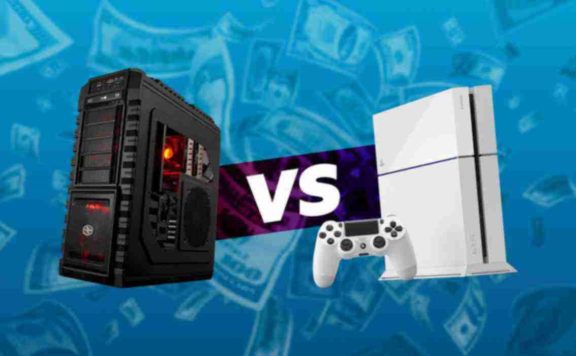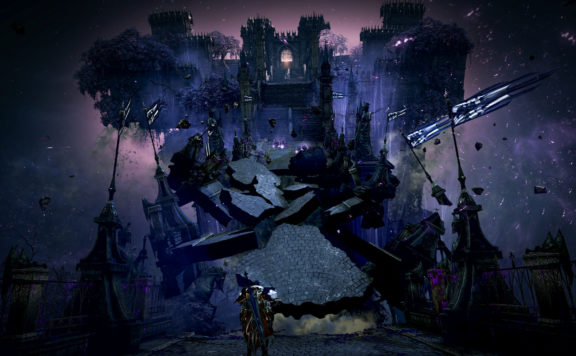The term “eSport” seems like a word that has just slotted seamlessly into general conversation sometime in the last few years, so it would probably surprise a lot of us to learn that its first recorded use was in 2000 – before a lot of current eSports players were even born. That coinage was by the Culture Minister of Korea, and it is reasonably fair to say that in the West, there is still some snobbishness about eSports and gaming. It’s not an unheard-of experience to tell someone in the West that you’re into eSports, and when you explain what you mean by that, have them say, “So, you like video games.”
As irritating as the diminishing attitudes are, it is probably a good idea to consider the difference between video games and eSports. Of course, there is an argument that they are the same – you can’t have eSport without video games, and video gaming is increasingly influenced by its use in eSports. But there is a difference, and it is beneficial to be able to explain where that difference lies and what it is.
The audience?
You could say that if you’re sitting in your room playing Mario Kart, it’s video games. If a bunch of people are sitting in the middle of an arena playing Call of Duty, it’s an eSport. Those are extreme definitions, of course, but the fact that tournaments are played for an audience of spectators certainly plays its part in differentiating eSports from video games. That’s not the whole of the story, though. If it was you and a friend playing StreetFighter II and five buddies were watching, would that make it an eSport? Arguably not.

The broadcasts?
So if playing video games in front of friends doesn’t constitute an eSport, is it merely a matter if the number of viewers and their relationship to the game that makes the difference? It certainly has its part to play. If an event is streamed on Twitch and there is a chance to engage in eSports betting with legit bookmakers, it feels more like a sport. There is something to be said for considering the size of an audience and their means of watching when deciding what constitutes an eSport;. However, technically, you can stream from your home to millions of viewers, but it’s not the whole story either.
The competition?
In truth, it is probably the competitive angle more than anything else that makes a video game an eSport. So, technically, if you set up an event where you and your friends played Pigeon Simulator and there was prize money at stake – and you had a paying crowd to watch you – that would technically be an eSport. But being “into” eSports is obviously about more than just impromptu gaming events with friends.
Anyone drawing comparisons like that in an attempt to diminish eSports is being disingenuous. eSports is no more “just video games” than the World Cup final is “just some guys playing soccer”. Not that eSports needs legitimacy, but the millions that tune in to watch the biggest tournaments give it all the legitimacy it could ever want.







